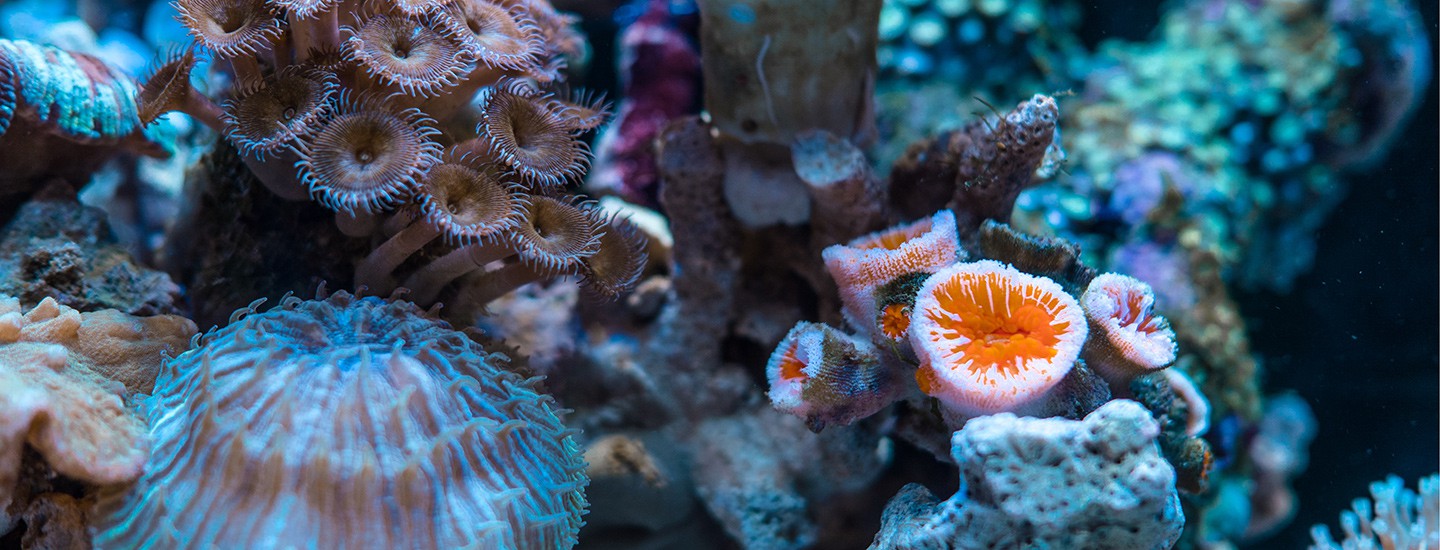
Florida is home to the world’s third largest living barrier coral reef and North America’s only living coral reef system. Sometimes referred to as the “rainforests of the sea,” coral reefs provide homes for innumerable species, including many important recreational and subsistence fisheries species. Florida's coral reefs are not only a priceless natural resource, they are a major economic driver. Coral reefs in southeast Florida have an asset value of $8.5 billion, generating $4.4 billion in local sales, $2 billion in local income, and 70,400 full and part-time jobs. These reefs are fragile, complex ecosystems that are in danger of being degraded, damaged, and lost forever.
Last year, the city of Key West passed a local ordinance to protect their reefs by discontinuing the sale of sunscreens products that contain oxybenzone and octinoxate, two chemicals known to impact the health of corals. NOAA and the National Park Service urge consumers to avoid these chemicals; and bans are already in place in Hawaii, the U.S. Virgin Islands, Bonaire, and Palau. Even CVS, one of the nation’s largest drugstore chains, has voluntarily opted to remove oxybenzone and octinoxate from all of its branded sunscreens by the end of this year.
Sadly, Key West’s ordinance, and the potential for any similar ordinances in Florida, are at risk. SB 172 (Florida Drug and Cosmetic Act) repeals Key West’s reef protection ordinance and prohibits local governments in Florida from taking similar action. This type of legislation, called a preemption, is particularly problematic since it takes away local control from cities and counties without offering any kind of solution at the state level. SB 172 passed both the House and the Senate and will be heading to Governor DeSantis shortly.
This week, the Surfrider Foundation authored and organized a sign-on letter asking Governor DeSantis to veto the bill. Other organizations joining the letter include Sierra Club Florida, Center for Biological Diversity, Sea Turtle Conservancy, Florida Conservation Voters, and more. Click here to read the full letter. Last year Governor DeSantis vetoed a bad bill preempting local regulation of plastic straws. By vetoing SB 172, Governor DeSantis has the opportunity to further this legacy of environmental protection and preserving home rule.